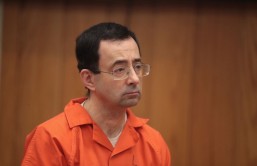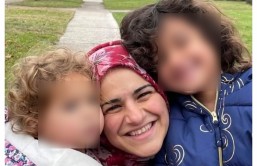UC Berkeley's Teen Sleep Study, a four-year experiment aimed at resetting the biological clocks and disrupted circadian rhythms of sleep-deprived adolescents, attempts to tackle the rising use of smartphones, laptops and tablets before bed that contribute to poor sleep quality, Medical Xpress reports.
"Huge numbers of kids want to come here to get this treatment," Allison Harvey, a UC Berkeley psychology professor and principle investigator of the Teen Sleep Study, conducted at the Golden Bear Sleep and Mood Research Clinic, told Medical Xpress. "They're using electronics or doing homework until late at night, and so we're looking at ways to help them wind down earlier. Some of them are stuck in vicious cycles and they need help."
The study is aimed primarily at children ages 10-18 whose bedtimes are between 10:40 p.m. and midnight, though most participants are between 14 and 16, reporting bedtimes of later than 2 a.m. Teens and adolescents involved in the experiment must have one or more social, behavioral or academic problem to qualify as participants.
Researchers collect saliva samples from the night owl participants to test their hormone levels, hoping that their clinical sleep sessions, which include dimmed lights before bed (chronotherapy) and "wind-downs such as meditation, yoga or soaking up nature" will help improve the sleep cycles of participants.
"One of the common things we hear from the teenagers is that they try to get to bed earlier, but can't get to sleep, or they have trouble getting their day started. It's stressful for everyone in the family," said Kerrie Hein, director of the Golden Bear Sleep and Mood Research Clinic and the study's chief logistics czar.
The researchers argue that getting quality sleep during adolescence is critical to the health and well-being of adolescents, as poor sleep plays a role in social, academic and psychological problems.
Click here to read more about the UC Berkeley Teen Sleep Study.








